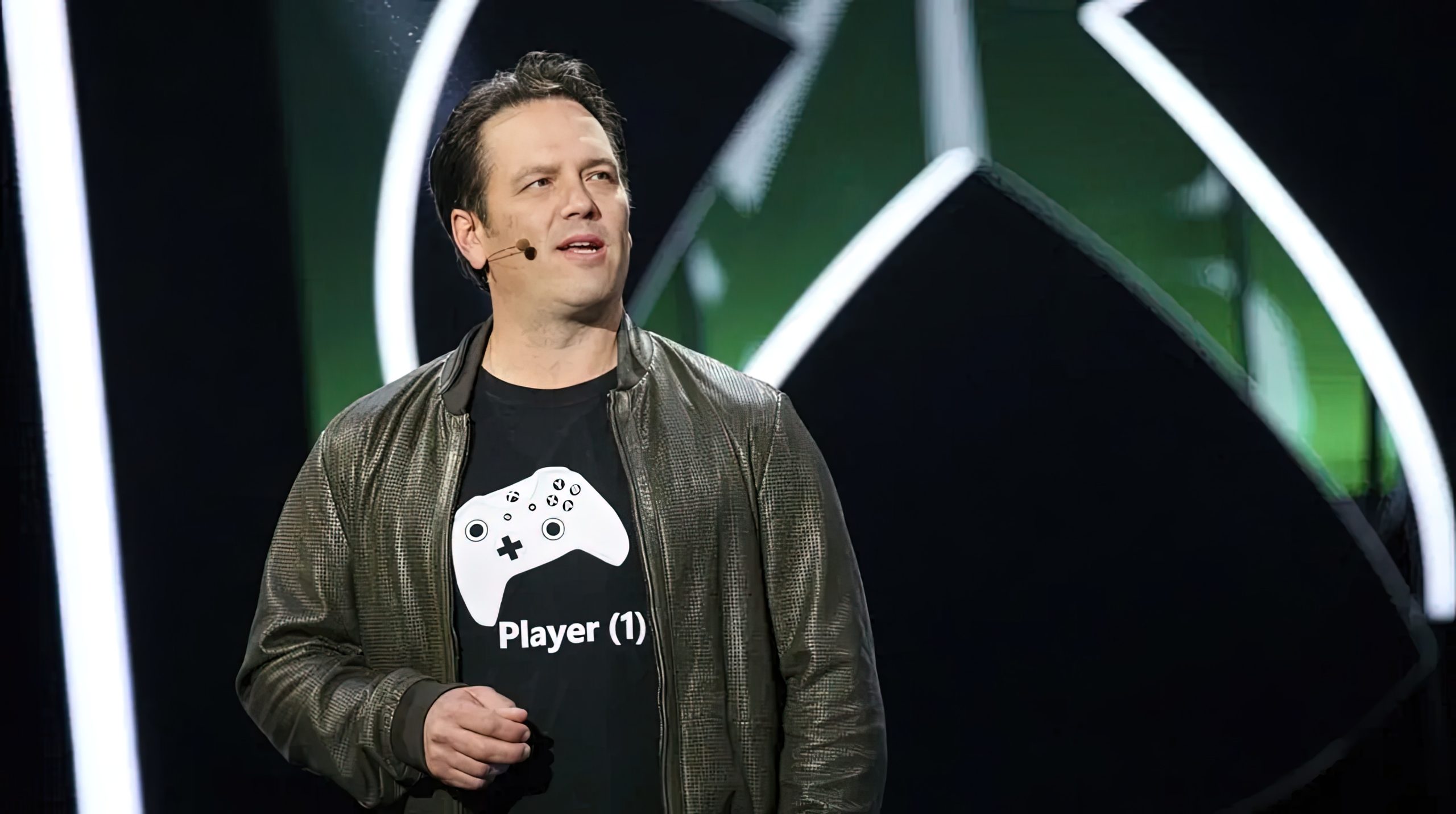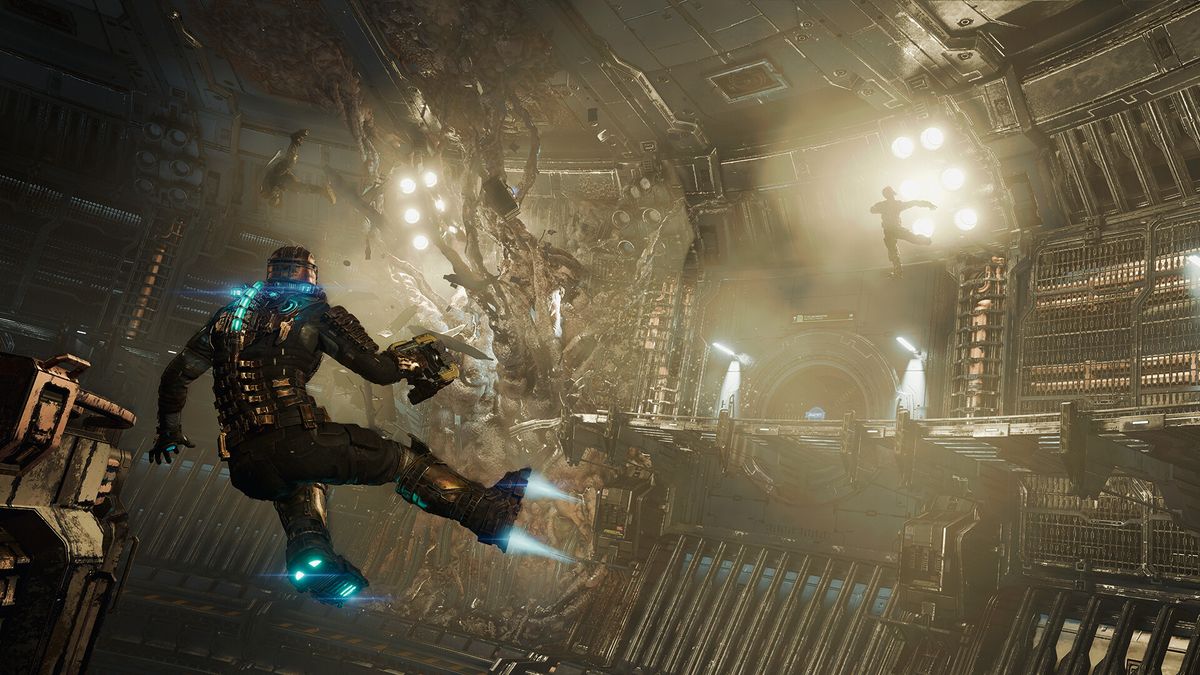Could Xbox be considering opening its platform to other digital stores? Phil Spencer seems to be warming up to the idea, expressing interest in the potential integration of platforms like Steam and Epic Games Store with Xbox.
Xbox head Phil Spencer has outlined a plan aimed at providing gamers with increased options for purchasing games. How? By integrating digital stores such as Epic Games Store, itch.io, and others directly into Xbox consoles. Read on for further insights into this strategy!
Do you recall the recent controversy surrounding Xbox exclusives? Well, despite four of the company’s games being released on other consoles, Phil Spencer seems to have a grand plan in mind that could revolutionize the concept of exclusivity altogether. How? By introducing other digital storefronts, such as the Epic Games Store and Itch.io, directly onto Xbox consoles.
In an interview with Polygon at the Game Developers Conference 2024 (GDC), Microsoft’s gaming CEO discussed his vision for breaking down the “walled gardens” that confine players to purchasing games exclusively from stores tied to each console. With this innovative approach, Xbox aims to enable players to buy games from multiple digital retailers, expanding beyond the confines of the Xbox console’s own store.
When questioned about the possibility of allowing third-party stores on Xbox, Spencer responded affirmatively, stating, “Yes. [Consider] our history as a Windows company.” He emphasized that, similar to the PC experience, users should have the freedom to choose where to purchase games without limitations. According to him, this approach holds significant value.
Furthermore, Spencer elaborated that embracing this idea could invigorate the gaming industry. With the console market reaching a plateau and an increasing number of players migrating to PC and laptop gaming, there’s a need for innovation. He noted that the slowdown in Moore’s Law and the reduced rate of decline in console component prices compared to previous generations are contributing factors to this trend.
In the past, console manufacturers relied on hardware subsidies, understanding that revenue from game sales would eventually offset these costs. However, this model is no longer as feasible in today’s gaming landscape.
Phil Spencer highlighted this shift, expressing doubt about the effectiveness of hardware subsidization in growing the industry. Instead, he emphasized the importance of identifying and addressing the barriers and friction points faced by both creators and players in the current gaming environment.
His proposed solution is to allow players the freedom to choose where they purchase their games directly from the console. Spencer argued that gaming experiences shouldn’t be limited by the console or store platform, emphasizing the need for a more unified gaming ecosystem.
He used the example of players not needing to worry about hardware compatibility with their friends when playing a game like Sea of Thieves. Spencer envisioned a gaming experience where players feel seamlessly integrated into a broader gaming ecosystem, whether they’re on a gaming PC or console.
Ultimately, Spencer advocated for breaking down the closed ecosystem barriers that currently exist in console gaming, aiming for a more cohesive and inclusive gaming environment for all players.




